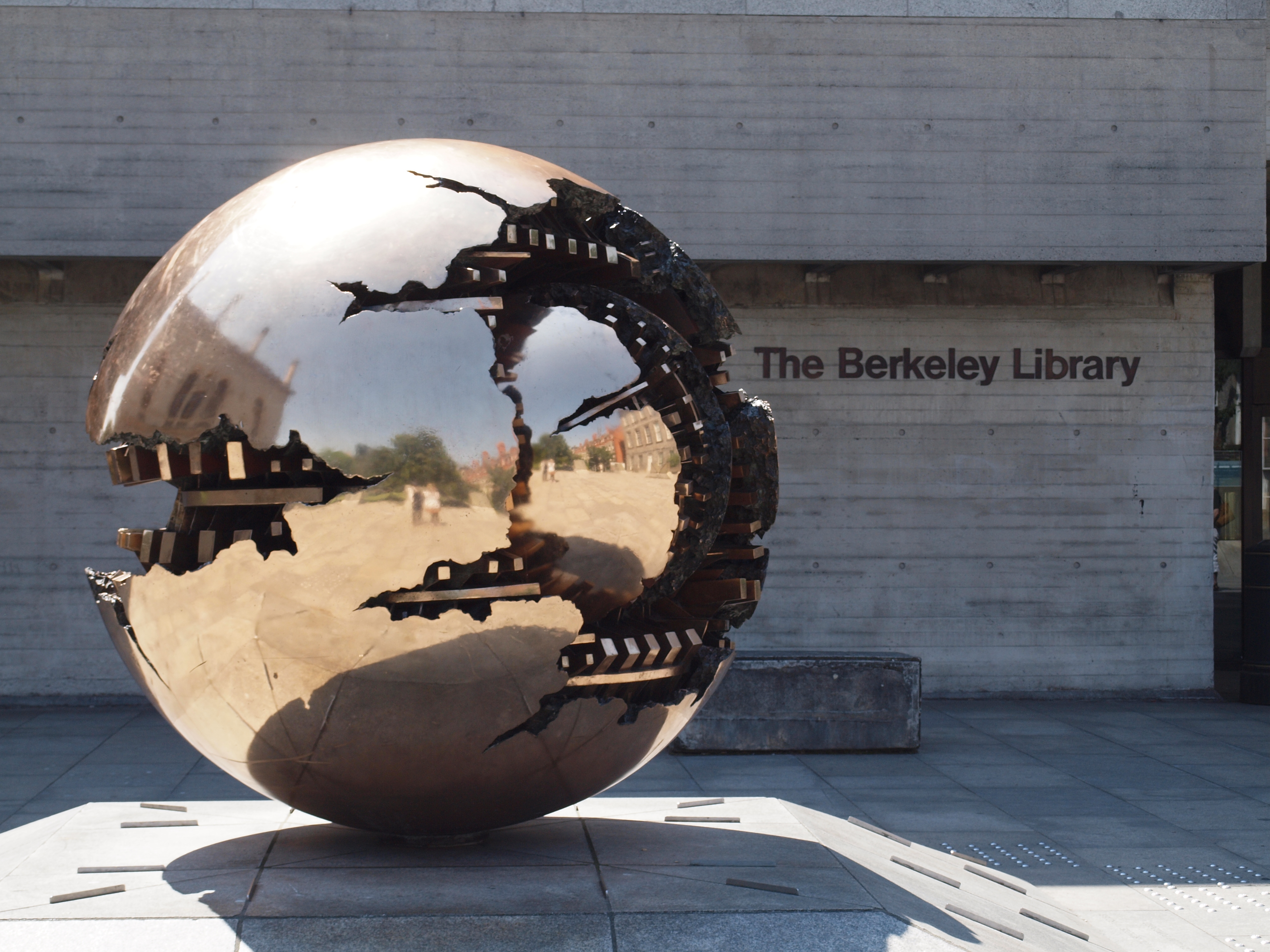According to a survey conducted by the Royal Irish Academy (RIA), approximately two thirds of Irish academics believe Brexit will have a negative impact on higher education in Ireland.
Respondents stressed the need for keeping strong research collaboration between Northern Ireland and the Republic and between Ireland and the rest of the UK “regardless of border boundaries”. In addition to this, respondents “overwhelmingly favoured” the retention of the Common Travel Area between the UK and Ireland in its present form and “opposed the return of a hard border”.
The Common Travel Area enables the free movement of UK and Irish citizens between Ireland, Northern Ireland and the rest of the UK. Since the result of the Brexit referendum last June many have feared the future of this agreement and a return of a hard border between Ireland and Northern Ireland.
The RIA survey recorded 390 responses from its members and grant awardees including, the Irish Research Council’s networks of early career researchers, institute of technology vice-presidents and directors of research in Ireland and Northern Ireland. 35 per cent of respondents strongly agreed and 42 per cent agreed Brexit was likely to negatively affect North-South research collaboration in Ireland. 45 per cent strongly agreed and 34 per cent agreed collaborations with the UK were important in their field.
According to a report published by the Higher Education Authority (HEA) in November 2016 the UK was Ireland’s largest research partner. The report also highlighted the uncertainty generated by Brexit leading to some hesitation on the part of researchers both in the UK and elsewhere in the EU to advance collaborative research projects. The report alluded to a survey, conducted by the Russell Group, that reveals a backlash against academics primarily working in the natural and social sciences and engineering. The lack of guaranteed research funding from the UK is seen as a catalyst for this according to the HEA report.
The RIA survey noted how respondents in Northern Ireland “frequently referenced” the “importance of an open border” along with the importance of research funding being highlighted due to the need to retain “access to the major EU framework and innovation programmes”. There is no certainty on whether the UK will remain in EU research programmes post-Brexit.
Jane Ohlmeyer and Gerry McKenna, co-chairs of the RIA Brexit taskforce believe the survey results should deliver “ a strong message to the Irish and British governments that Brexit negotiations must promote conditions that enable UK-Ireland collaborations, facilitate the continued mobility of staff and students, and seek to secure future UK participation in EU research and innovation programmes”.







